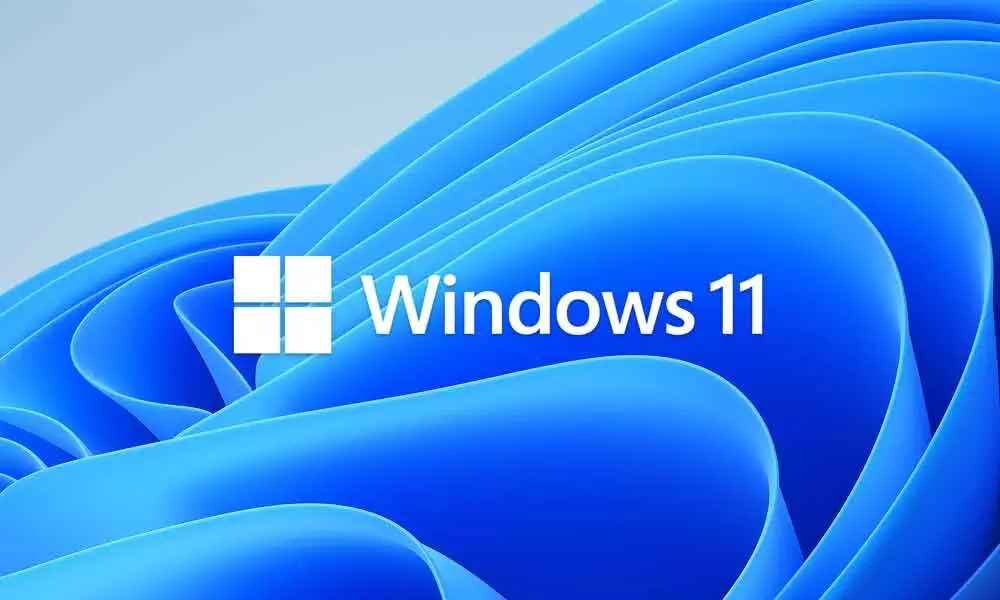Microsoft confirms one major Windows 11 feature update every year

Windows 11
Microsoft has confirmed that only one major Windows 11 feature update will be rolled out annually, while regular monthly quality updates will be provided for security and bug fixes.
Windows 11 was introduced last month with a new interface, application icons, and a centrally located start menu. The release is expected to begin later this year and will come pre-installed on new PCs. For Windows 10 users, Windows 11 will be available as a free update. Currently, it is available for testing by Windows Insider members. Microsoft has also released the feature update plan for Windows 11 every year. It has confirmed that only one major Windows 11 feature update will be rolled out annually, while regular monthly quality updates will be provided for security and bug fixes.
Microsoft has detailed the Feature Update and Quality Update Deployment Plan for Windows 11 on its official support site. The company confirms that it will "provide a single Windows 11 feature update annually, which is scheduled for release in the second half of each calendar year." This is in contrast to the Windows 10 update program, which received two major updates every year. However, Windows 11 and Windows 10 devices will continue to receive regular monthly quality updates to provide security updates and bug fixes, the company says.
The tech giant also confirms that Windows 11 Home, Pro, Pro for Workstations, and Pro for Education editions will receive 24 months of support from the date of general availability. Additionally, Windows 11 Enterprise and Education editions will be supported for 36 months from the date of general availability.
Since the adoption of Windows 11 will likely be a protracted affair, Microsoft ensures that devices on the service versions of Windows 10 will continue to receive monthly security updates from Windows 10 until 2025, as well as incremental improvements to Windows 10 to support Microsoft 365 on course. deployments.
In terms of hardware requirements, Microsoft said it has worked with major silicon partners including AMD, Intel and Qualcomm to ensure that Windows 11 can be deployed on most devices on the market. However, the minimum requirements for Windows 11 are not as light as Windows 10. Windows 11 will require at least a 64-bit x86 or ARM processor, along with 4GB of RAM and 64GB of storage. Windows 10, by contrast, required at least 1GB of RAM and 16GB of storage.
In addition to the centrally aligned Start menu, Windows 11 also brings enhancements with multitasking and PC gaming. Windows 11 also includes new wallpapers, animation effects, and sounds for a new experience. Also, the latest Windows OS comes with the updated Microsoft Store, which has many underlying changes, including access to Android apps.










